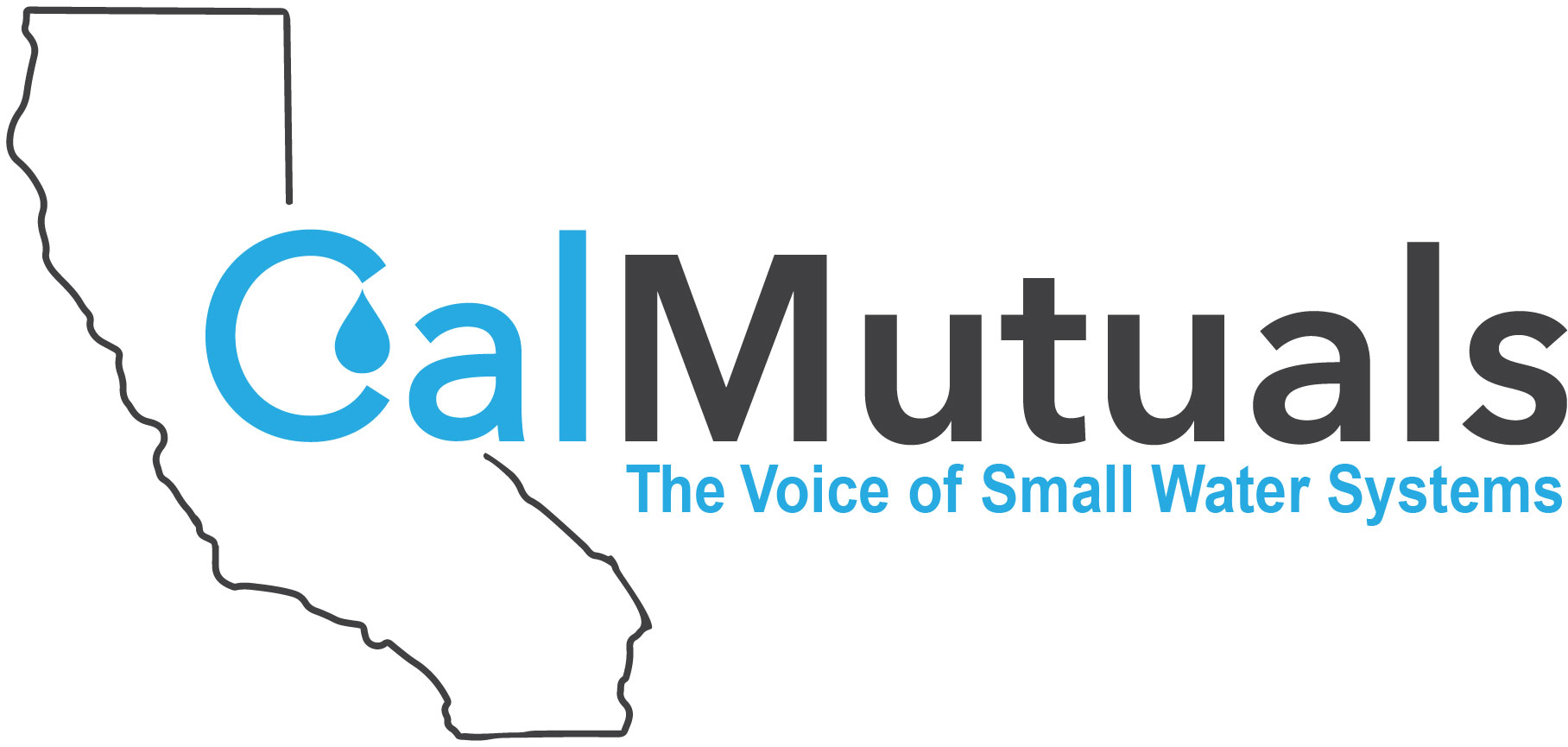Small Systems and Consolidation
State Water Board Targets Mutual Water Systems for Consolidation
In December 2021, the State Water Board sent a letter to approximately 350 mutual water companies advising that it “is working to facilitate water partnerships and decrease water infrastructure fragmentation to help increase water resiliency across California.” Their letter noted that a water system that “is in close proximity to or encompassed by a larger water system” is encouraged to “reach out to neighboring water systems to hold discussions on the possibilities of water partnerships, consolidation, and regionalization.”
We have heard from our members that many do not recall receiving the letter or many do not believe consolidation is feasible or desirable, and, for those interested in consolidation, there are no willing partners or resources available to move forward. CalMutuals would like to assist our members and the State Water Board in clarifying where consolidation is a viable option and where it is not. We would also like to facilitate robust technical assistance and financing needed to address the significant costs where it is feasible and desirable.
SAFER Needs Assessment
In late April the State Water Board Released this year’s Drinking Water Needs Assessment (Needs Assessment) that indicates which community water systems, state small water systems and domestic wells are considered failing, potentially failing, or at-risk of failing, based on water quality, accessibility, affordability, and technical, managerial and financial capacity.
Available online is a SAFER interactive dashboard that includes a map and list of assessed systems and the definitions and metrics for all risk indicators. CalMutuals encourages members to log in to your water system and view your profile. There is an additional interactive map for assessed SSWS and domestic wells.
Please call or email us if your company appears on the dashboard as being at risk. We would like to know if you believe that your company’s risk rating is warranted, and what you feel about some of the indicators, particularly arrearages (unpaid water bills). Please email Ceili Tuttle (ceili@calmutuals.org). This section will be updated with the 2023 SAFER Needs Assessment upon its release.
Cybersecurity – EPA’s Requirement: Sanitary Surveys
The Environmental Protection Agency (EPA) recently released a memorandum instructing states to assess cybersecurity capabilities at public water systems (PWS). The instructions are an effort to enhance critical infrastructure resilience and ensure the safety of public drinking water.
As part of an existing requirement to periodically audit PWSs (called “sanitary survey”), states will also be required to review the effectiveness of the system’s cybersecurity to produce and distribute safe drinking water. If deficiencies are discovered, the primacy agency is “instructed to use its authority to require the PWS to address the deficiency.”
The EPA is taking public comment on the guidance document until May 31, 2023. Further information and resources can be found on EPA’s cybersecurity page.
SB 3 – Discontinuation of residential water services
Senate Bill 3 would require water systems with under 200 connections to follow a complex set of steps before shutting off customers for non-payment. This includes:
- Translating the shut-off process into at least five languages (Due to CalMutuals’ advocacy, this requirement has been removed as of 3/21/23).
- Taking extraordinary means to make sure that customers receive the rules including hand delivery of notices
- Not shutting off customers with medical circumstances attested by a doctor
- Provision of a payment plan that a customer can accept in lieu of a shut-off of service.
Smaller systems may face financial hardships due to implementation costs and the consequences of unrecovered arrearages. CalMutuals has shared concerns with Senator Dodd’s office and will continue to urge the state legislature to identify the necessary resources to assist smaller systems that bear a heavy burden with each new unfunded mandate.
